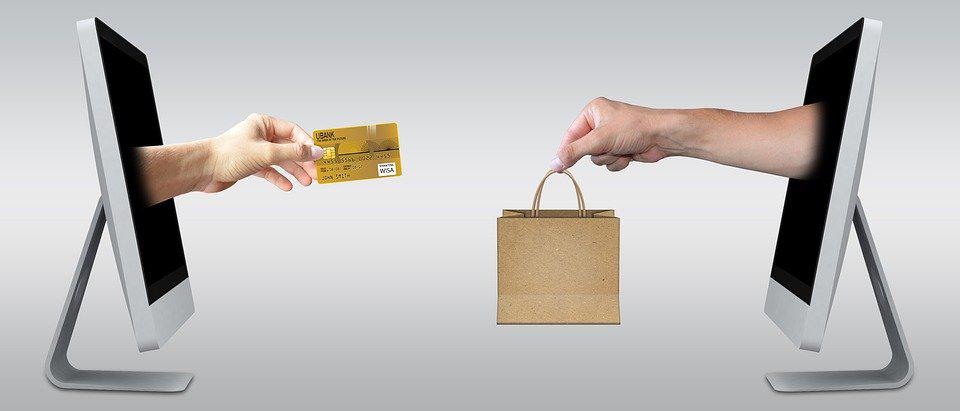If your business offers credit to customers, it’s vital to verify whether a potential customer is likely to be a ‘good’ borrower. To do this, companies typically use credit scoring to assess whether or not to lend to an applicant. Therefore, the credit scoring model you use has a major impact on how many customers are offered credit and, ultimately, the success of your business.

Although companies have traditionally relied on data from credit bureaus to assess an applicant’s creditworthiness, there are now new and innovative ways to determine whether an individual is likely to be a ‘good’ borrower. Read on to learn more about alternative credit scoring models and how to use them…
Table of Contents
How Do Alternative Credit Scoring Models Work?
Traditional credit scoring uses a fairly limited range of data to determine a person’s creditworthiness. In contrast, alternative credit scoring models use data from a wider variety of sources. A credit bureau might calculate a person’s credit score based on their banking history, mortgage payments, and wages, for example, but overlook things like mobile payments, rent payments, and/or cryptocurrency payments. By incorporating these elements and other types of data, businesses can obtain a more accurate credit score and make more profitable, low-risk lending decisions.
Essentially, traditionally credit scoring is an outdated way of assessing a person’s creditworthiness. An alternative credit scoring model incorporates the wide variety of factors that make up an individual’s financial situation and, therefore, gives lenders access to the data they truly need when making decisions.
Are More People Approved via Alternative Credit Scoring?
When you use alternative credit scoring models, it can mean that a higher percentage of applicants are approved for credit. However, this doesn’t necessarily equate to organizations taking higher risks. In fact, many alternative credit scoring companies have collated data that shows lenders reducing their losses by switching to this innovative method of credit assessment.
Crucially, alternative credit scoring can ensure that people who would unnecessarily be denied credit due to outdated, traditional methods of credit scoring are no longer overlooked. Someone who rents a property has no direct debits or even no bank accounts would typically find it difficult to obtain credit when traditional credit scoring systems are used, for example. Despite this, they could be a low-risk applicant with outstanding financial management skills.
By using a wider range of data to assess them, an alternative credit scoring model gives the lender a more accurate overview of their viability as a borrower. As a result, lenders can tap into this lucrative target audience while providing borrowing opportunities to individuals who have been historically penalized through no fault of their own.
Incorporating Alternative Credit Scoring into Your Business
If your company is already credit scoring potential customers, switching to an alternative credit scoring model is a simple transition. Whether you develop bespoke software, use a SaaS platform or install a suite of analytics programs, incorporating alternative credit scoring into your business can be simple, straightforward and highly lucrative.


